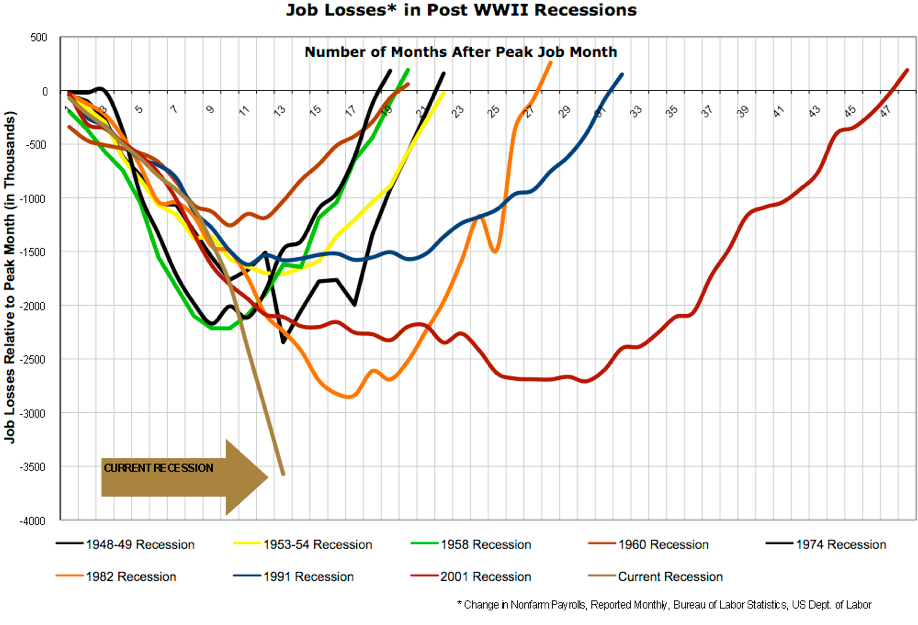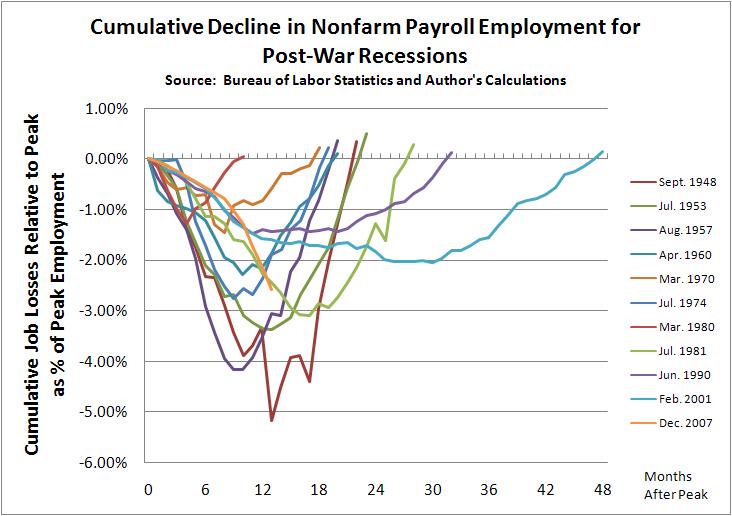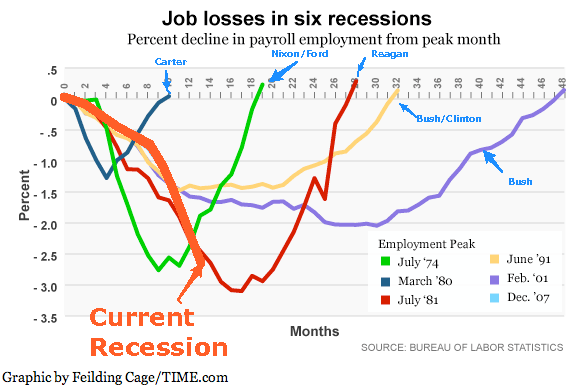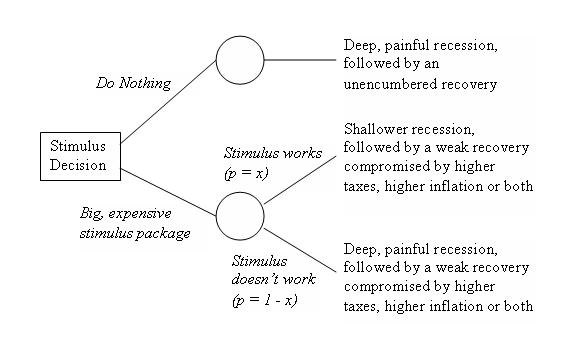I just watched Thomas Friedman, in a particularly insightful interview with Jim Lehrer, give an excellent explanation of why putting a price on carbon is important if the US is even remotely serious about addressing global warming. It went a little bit like this:
Imagine I came to you 25 years ago (before cell phones) and said, “I have this brilliant new product. For just a $1000 I’ll sell you a phone with no wires that is small enough to carry around in your pocket. It’ll change your life.” You might say something like, “Well a $1000 is a lot of money, but you know what, this will change my life – I’ll buy one”. I could then take your $1000, do some more research, and then come back a year later and say, “You know that phone I sold you, well now I have a smaller, better one – only $850” and so on. Pretty soon everyone would have a cell phone.
Now imagine I came to you and said, “You see these lights in the ceiling here. They cost you about $100 a year to run. Well I have a new, carbon free way to power those lights. It’ll only cost you $150 a year.” What would be your likely response?
Unlike for the cell phone, the low carbon power supply won’t improve your life in any obvious way (unless global warming is actually keeping you up at night), so there is very little incentive to pay extra for the low carbon alternative.
Now imagine that the cost of carbon externalities were being included in the price of energy and I come to you and say, “You see these lights that cost you $160 a year. Well I have a new, carbon free way to power those lights. It’ll only cost you $150 a year.” What would your response be now?
Of the two scenarios, which is more likely to result in a low carbon energy infrastructure in the US?
There are a couple of ways we might include the environmental costs of CO2 in the price of energy. A carbon tax or a system of tradable carbon credits.
A carbon tax is politically difficult for any politician to advocate because it would (obviously) raise the price of energy. However there is an approach that might make a carbon tax politically viable. Harvard economist Greg Mankiw has suggested that the US could replace FICA taxes (payroll taxes that fund Social Security and Medicare) with a carbon tax. This might work politically because the total tax burden wouldn’t increase. It is particularly attractive economically because it would shift the burden of taxes from an economically positive activity (work) to a negative externality (global warming).
The main problem with a carbon tax is that it falls evenly across all CO2 producing activities. The result of such a tax is likely to be a modest reduction in emissions, through higher prices reducing demand and motivating efficiency improvements, across the whole spectrum of CO2 generating activities. This is not an economically optimum result.
From an economic perspective we would like to maximize the economic value we get from utilizing the limited resource that is the environment’s ability to safely absorb CO2. In other words, we would like for whatever CO2 emissions we find acceptable to be associated with those high value activities where avoiding emissions is either difficult or prohibitively expensive.
In order to achieve this result we need a system for allocating our carbon emissions around the economy. This is the genius of tradable emissions credits. By creating a market for trading CO2 emissions we would also be creating a mechanism that allowsthe economy to reorganize itself in order to to achieve maximum output for the allowable level of CO2 emissions.
This is not simply pie in the sky economic theory. A cap and trade system has been used very successfully to control SO2 emissions in the US. Under this system the government allocated a fixed supply of pollution permits amoung SO2 emitters. Permit holders that managed to reduce their emissions at reasonable cost were then able to sell their excess credits to organizations that faced more expensive constraints. The system led to a rapid reduction in SO2 emissions in the US at very little overall cost to the economy.
Despite its success, the SO2 system is not without issues. Simply allocating emissions credits to existing polluters is a somewhat questionable approach. It distorts the market in favor of existing SO2 generating activities, which receive credits for free, over possibly higher value new activities, which would have to buy them. This wasn’t a big issue for SO2, which is created by a limited number of activities, but would be a significant problem if the same approach were applied to CO2. In addition, the system potentially created an incentive for companies to increase SO2 output prior to the start date so as to receive higher emission allocations when the system got under way.
Quite apart from these criticisms, an SO2 style cap and trade system for CO2 would not generate any new sources of government revenue, which would mean foregoing the non-environmental benefits of Mankiw’s tax approach.
Fortunately, there is a way of combining both approaches in order to achieve maximum economic benefit. Instead of simply allocating CO2 credits to existing polluters, the government could have an annual auction of credits for the coming year (the credits being subsequently tradable). The revenue from this auction could then be used, as carbon tax revenue would have been in Mankiw’s proposal, to replace FICA taxes.
In addition to being economically sound, this proposal combines six great political selling points, adding up to across the spectrum political appeal:
- No net new taxes
- Higher employment (through eliminating tax on employment)
- Harnessing the power of the market
- Rewarding innovation
- Punishing polluters
- Aggressively combating global warming
The question is whether there are any politicians out there, especially viable presidential candidates, who would be willing to champion such a radical approach?




